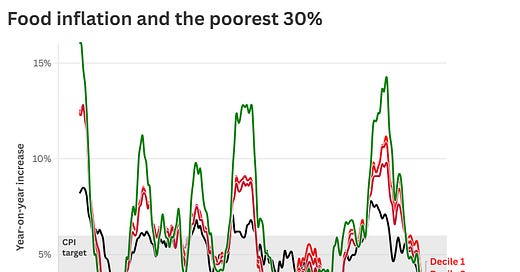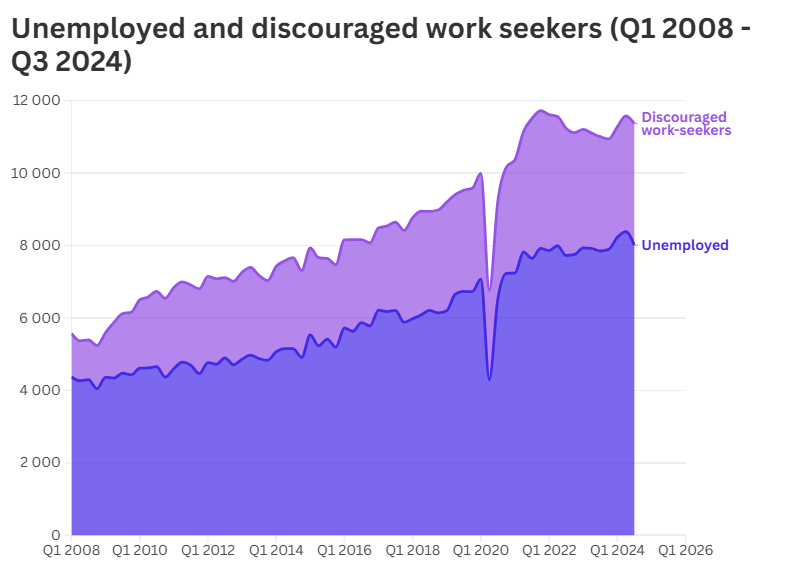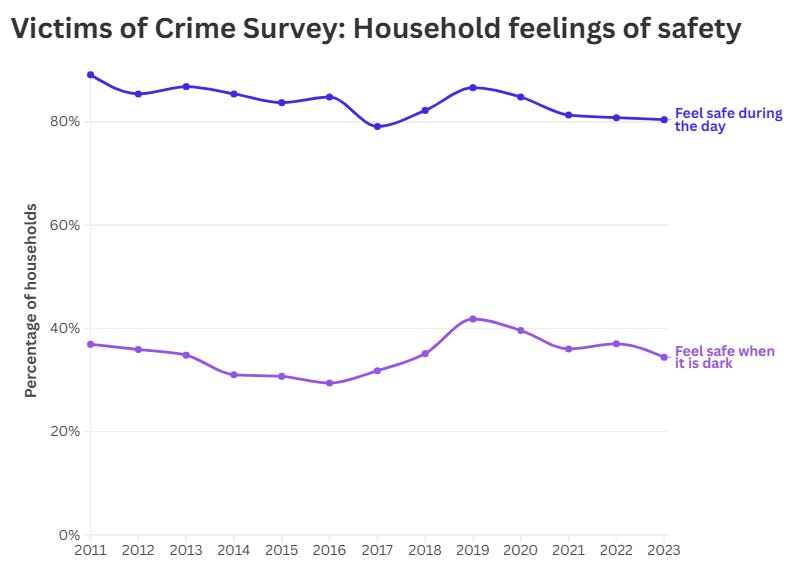Tomorrow’s State of the Nation Address (SONA) by President Cyril Ramaphosa will be the first after the formation of the Government of National Unity (GNU) last year. Following the election, Ramaphosa delivered an ‘Opening of Parliament’ address that was upbeat, hopeful and celebratory of South Africa’s second GNU in its democratic history.
The storm clouds have gathered ahead of tomorrow though. The intractable problems of inflation, unemployment, crime, corruption and poor service delivery still plague South Africans. Added to this depressing mix is the growing water crisis exacerbated by poor administration in many municipalities and the return of loadshedding last weekend after a 310-day absence.
On top of that is the stand-off with Rwanda and its President Paul Kagame following the defeat of the South Africa National Defence Force (SANDF) in Goma, DRC by the Rwanda-sponsored M23 Rebels. And if that wasn’t enough, returning President Trump hit the Rand/Dollar exchange rate hard by claiming that South Africa “is confiscating land, and treating certain classes of people VERY BADLY” in a reference to the recent signing of the Expropriation Act.
Then you have the context of a fractious relationship with the African National Congress’s (ANC) anchor coalition partner, the Democratic Alliance (DA). Following the signing of the Expropriation Bill, DA Leader, John Steenhuisen, announced that he was triggering the dispute clause in the GNU agreement. This was as a result of DA unhappiness with both the Expropriation Act and the looming implementation of the National Health Insurance (NHI) Act. After Ramaphosa agreed to meet with Steenhuisen, the DA reiterated its commitment to the GNU but Ramaphosa has to provide something in tomorrow’s SONA that the DA can view as a win. At the same time, he needs to continue demonstrating to his own party that the ANC is in charge and that its policy direction is not being compromised.
So where does President Ramaphosa start? As we have regularly repeated, his focus has to be on demonstrating tangible progress to the people of South Africa. More promises, long-winded plans and the formation of new committees will simply not cut it. The GNU honeymoon is over. South Africans want to see the much-feted coalition working for them. Positive sentiment, increased optimism about the economy and a slightly strengthened Rand haven’t yet helped put food on the table, create jobs or made people feel safer. The key goal of tomorrow’s SONA should therefore be to get straight to the point, show what plans the GNU has put in place and demonstrate what will happen this year to make South Africans feel that their life is getting better. This should centre on the following:
Cost of Living
In a previous post we examined the volatile nature of food inflation and how it contributed to inflation rates well above 6% for poorer households.
While the official inflation rate is currently within the targeted range, there is the ever-present risk of administered-price inflation pushing the cost of living even higher over the medium-term.
Administered prices include property rates, basic services (including electricity and water), petrol and diesel, and basic education. A series of special occasional bulletins from the Reserve Bank in 2023 showed that all administered prices consistently increase above inflation. Since these prices are set by the government, there is no market competition to keep prices lower.
Although the National Energy Regulator of South Africa (Nersa) rejected Eskom’s swingeing request for a 37% increase in electricity prices, the 12.7% increase that the regulator did approve sparked outrage across South Africa. It is also more than double the upper band of the Bank’s inflation target.
Reforming administered prices is beyond the scope of the SONA, but there might be some hints to how the government intends to tackle the budget and funding crises in local government ahead of the 2025/26 Budget later this month. Local government budget reform (or just better fiscal accountability) would go a long way to limiting the damage from runaway price increases in electricity, water, and property rates.
Jobs
The government’s patchy record is particularly threadbare when it comes to job creation and unemployment. The latest Quarterly Labour Force Survey (QLFS) shows that the number of unemployed South Africans rose from 4.4-million people in the first quarter of 2008 to over 8 million in the third quarter of 2024. The number of discouraged work seekers also rose over the same period from 1.2-million to 3.4-million. There are now almost 11.5-million South Africans without a job.
The official, narrow definition of unemployment rose from 23.2% in 2008 to 32.1% in 2024. Over the same period the expanded unemployment rate rose from 30.9% to 41.9%, with the expanded youth unemployment rate reaching devastating levels: 70.7% for people aged 15 to 24, and 49.3% for people aged 25 to 34.
In previous SONAs the president has highlighted programmes like the Youth Employment Service (YES) Programme, which has created about 160 000 jobs in six years. However, 25 000 to 30 000 new jobs a year won’t make a dent in the stats as the working-age population rises by 500 000 to 600 000 people each year. Will this SONA herald more ambitious job-creation programmes?
Crime
Crime, particularly violent crime, is an entrenched problem in South Africa. By most international measures South Africa’s murder rate is easily one of the ten highest in the world.
The Department of Police acknowledged that it is losing the war on crime and has turned to the private security industry to help it in its fight. Organised crime in particular, including crimes like kidnapping for ransom, has exploded in the last ten years.
The 2023/24 Victims of Crime Survey confirmed that South Africans have experienced an increase in crime and their perceptions of crime have also increased. Households’ feelings of safety have decreased to their lowest levels in six years
Corruption
The government recently established the National Anti-Corruption Advisory Council to address the growing corruption in South Africa. We have slipped to our lowest score ever on the Corruption Perceptions Index and Transparency International placed South Africa on the ‘12 Countries to Watch’ list last year, adding that the country needed to address the findings of the Zondo Commission.
Whether President Ramaphosa touches on corruption or not in tomorrow’s SONA, for most South Africans the problem is only getting worse.
Basic Services (Local Government)/Water?
Local government is experiencing a fiscal crisis brought on by years of mismanagement and the ongoing problems with Eskom. With most larger municipalities dependent on electricity and water revenues to balance their budgets, it has been difficult to maintain revenue collection rates as poor households cannot afford the price increases in basic services and rich households have increasingly invested in their own electricity and water services.
Municipalities owe billions to Eskom for bulk electricity purchases and are struggling with the long-term underinvestment in water and electricity infrastructure. Local government stakeholders have started to prioritise the finances of local government and are calling for a new funding model to save municipalities and basic service delivery.
The perennial question is, where will the government find the money to increase the equitable share or bail out local government? The 2025/26 Budget probably contains the clues needed to answer this question, but will Ramaphosa commit to any significant reforms in the SONA?
Conclusion
Also treading carefully – and with much both to gain and lose – will be the other big players in South African politics. SONA has become a theatrical centre of interest since the advent of the Economic Freedom Fighters’ (EFF) disruptive tactics. How will the EFF approach SONA this year having been relegated by uMkhonto weSizwe (MK) to fourth place in the 2024 election? How will MK perform as the official opposition, leading the reply to the SONA address. And how exactly will the DA position itself, navigating the claiming of wins but at the same time criticising some elements of what it will have been consulted on during the Cabinet Lekgotla?








